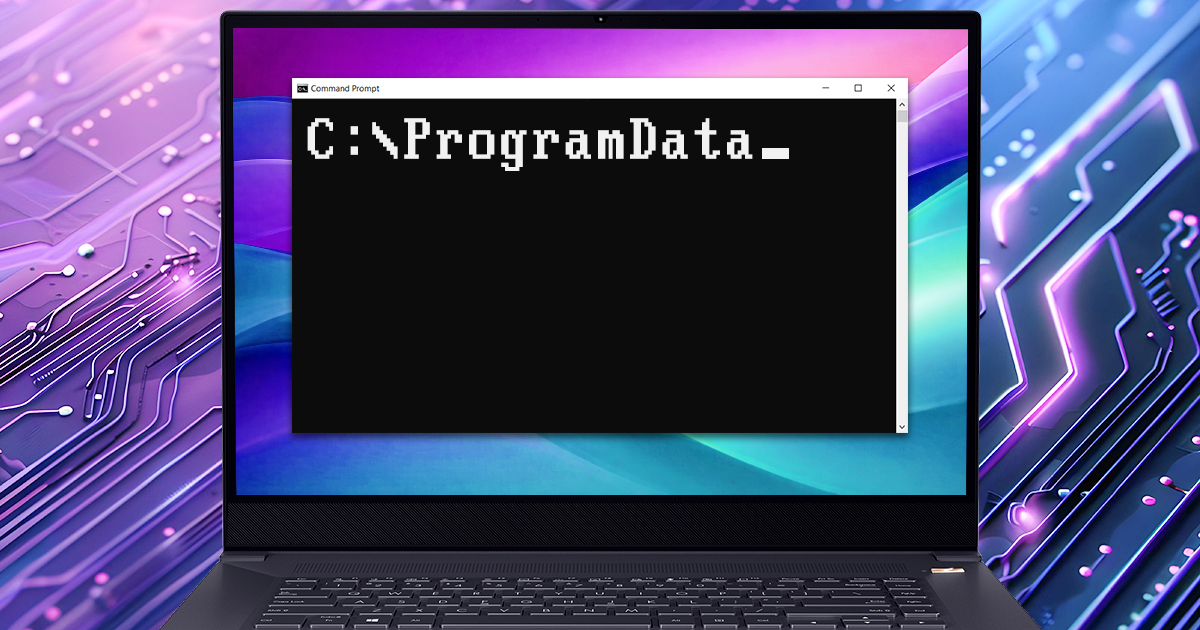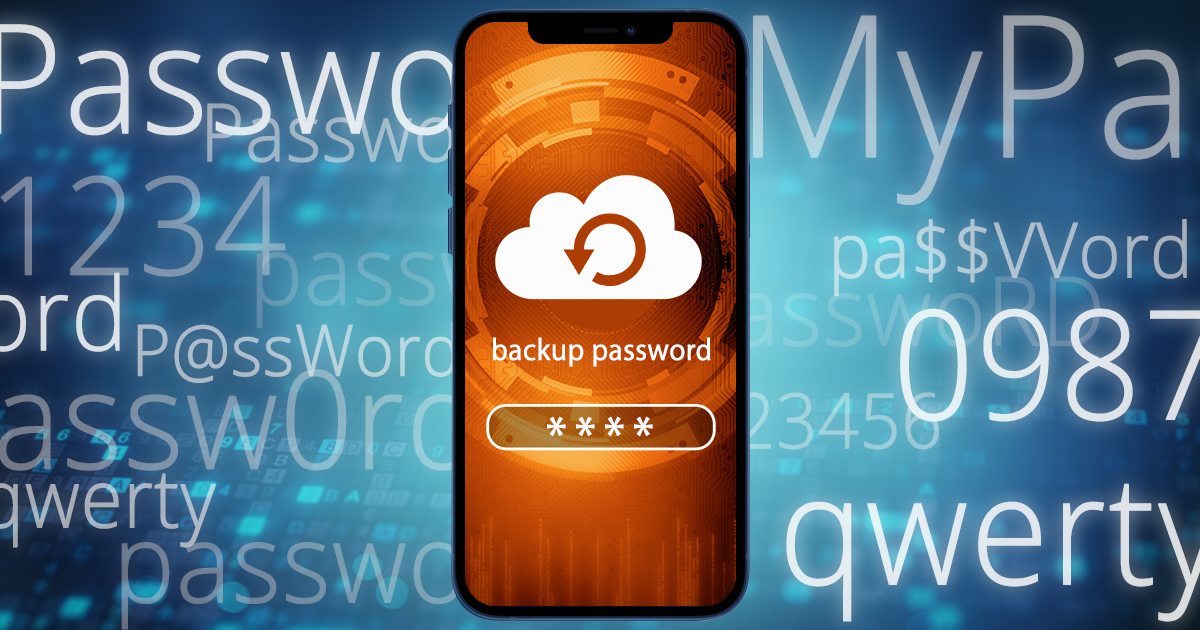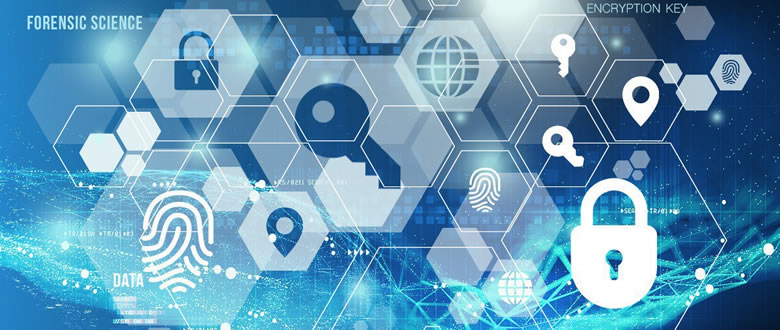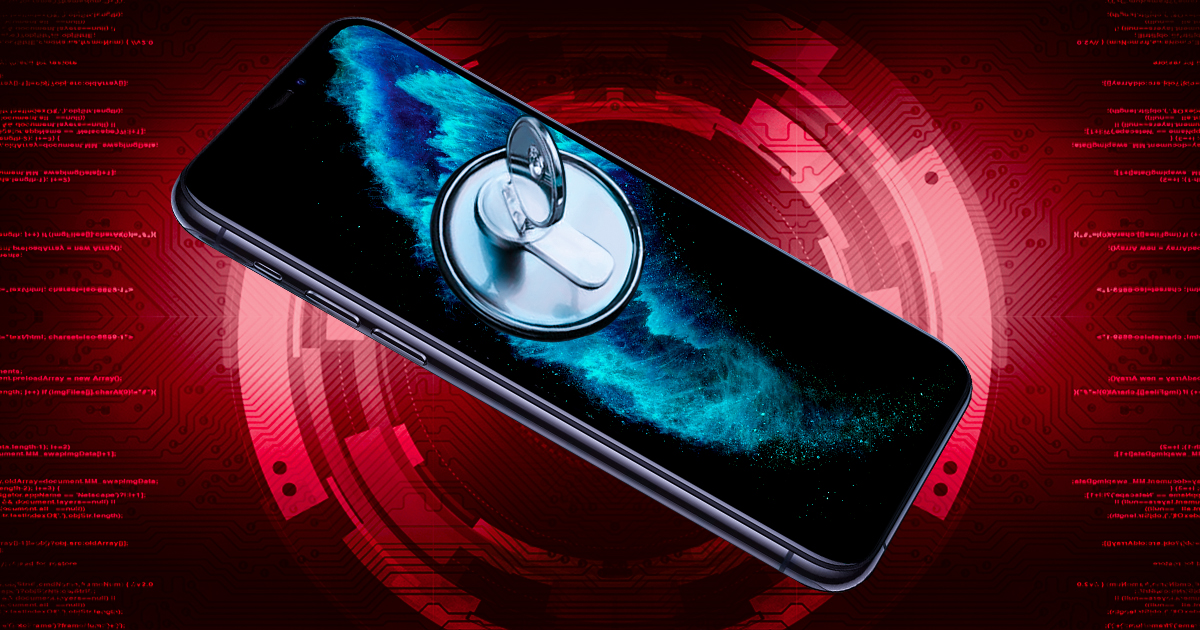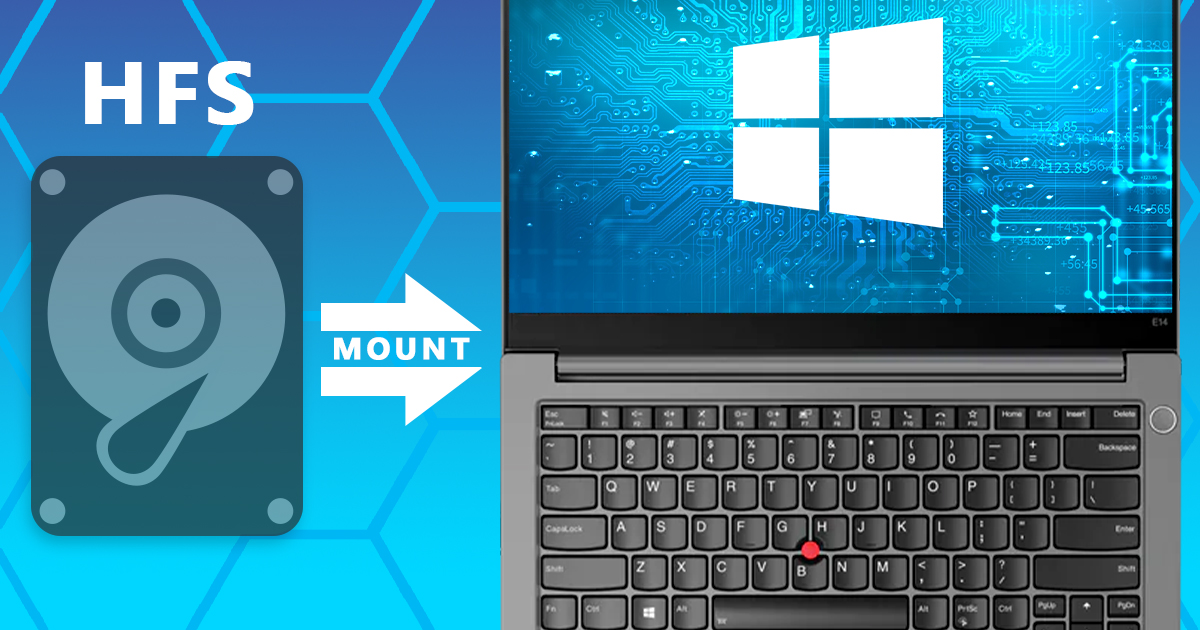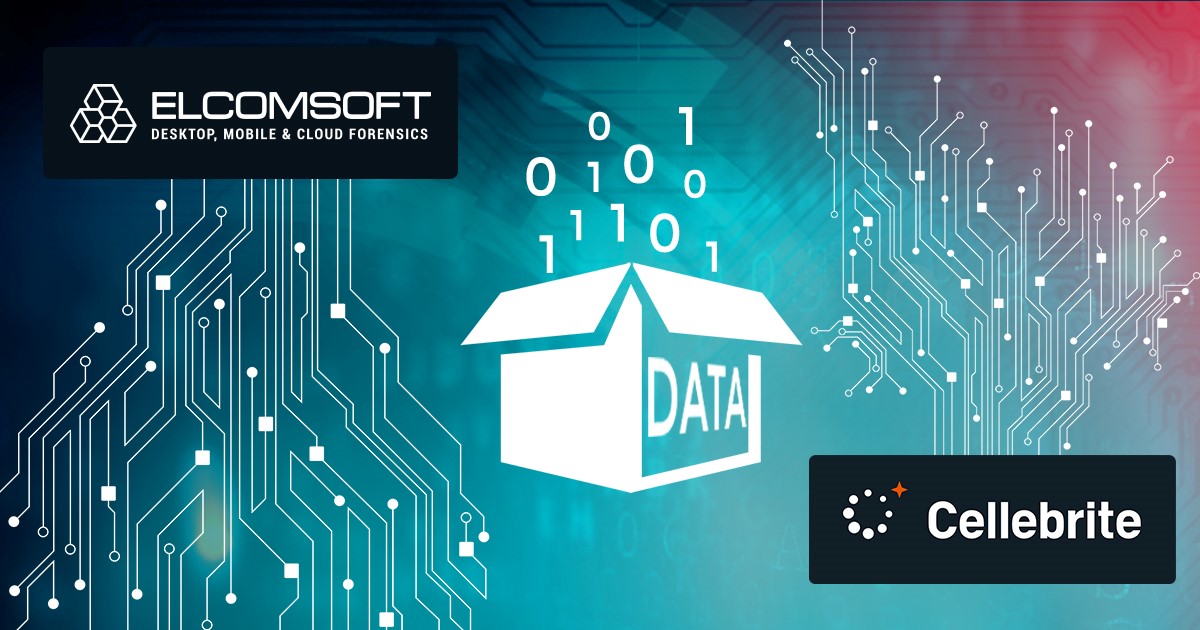February 9th, 2024 by Oleg Afonin
The bootloader vulnerability affecting several generations of Apple devices, known as “checkm8”, allows for forensically sound extraction of a wide range of Apple hardware including several generations of iPhones, iPads, Apple Watch, Apple TV, and even HomePod devices. The exploit is available for chips that range from the Apple A5 found in the iPhone 4s and several iPad models to A11 Bionic empowering the iPhone 8, 8 Plus, and iPhone X; older devices such as the iPhone 4 have other bootloader vulnerabilities that can be exploited to similar effect. In this article, we will go through the different chips and their many variations that are relevant for bootloader-level extractions.
Read the rest of this entry »
